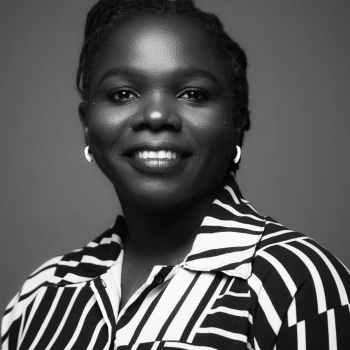Political systems and educational policy: A reflection of dance education in Ghana

| +233 24 498 8580 | |
| laosei@uew.edu.gh |
Political systems and educational policy: A reflection of dance education in Ghana
Dance education in Ghana has undergone rapid transformation as a result of the dynamic political atmosphere Ghana has experienced over the period covering pre-colonial and post-colonial eras. During the pre-colonial era, dance was an integral part of the worldview of communities in Ghana and its education was viewed as a critical aspect of the continued survival of the communities. As power shifted into the hands of the colonial masters, the promotion of indigenous performing arts, including dance, was seriously marginalised. Efforts expended to revitalise dance education in Ghana, during the post-colonial era, have achieved little success, particularly at the basic and secondary levels of the educational system. This paper is a review of dance education as it existed before the advent of Europeans on the soil of Ghana, the colonial as well as the post-colonial eras. The history is presented within the framework of the critical education theory, which postulates power negotiation and its rippling effect on educational policies. Varied political systems that have spun over the history of Ghana and their impact on the promotion of dance education in Ghana are reviewed. Reflections indicate that political power and systems can control the development of a philosophy that guides the policies and practices of the educational system in Ghana. Possible implications are that if efforts are not expended to revitalise dance education in Ghana then this aspect of Ghanaian culture is heading towards extinction.
